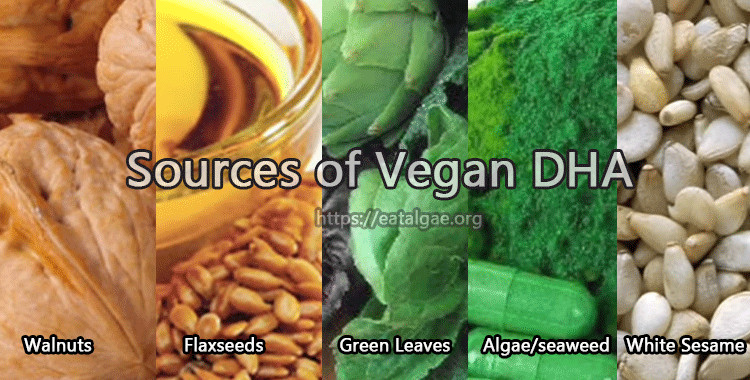What is DHA omega-3?
Docosahexaenoic Acid (DHA) is an Omega 3 Fatty Acid. It’s a primary structural component of the human brain, skin, retina and cerebral cortex. Fish oil, algae oil and breast milk are primary natural sources of DHA.
DHA is used for treating type 2 diabetes, dementia, coronary artery disease, and ADHD.
DHA plays an important role in the development of eye and nerve tissue. It also reduces the risk of heart diseases.
Uses and Benefits of DHA/omega-3
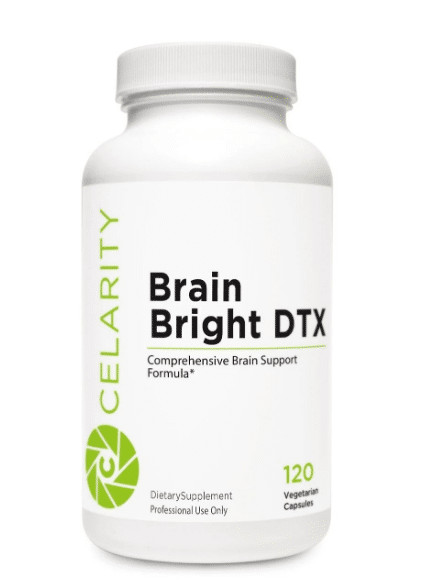
DHA has a variety of uses and health benefits, most commonly related to brain and heart diseases. Following are some of the most prominent uses and benefits of DHA:
May Improve ADHD
Attention Deficit Hyperactivity Disorder usually starts in childhood but can extend into
adulthood. DHA helps increase blood flow in the brain during mental tasks. Research says that children with ADHD have low levels of DHA in their blood. It has also been studied that children with ADHD who take DHA supplements have been able to concentrate and behave better.
Helps Fight Inflammation
DHA is an Omega-3 Fatty Acid. fatty acids are known to be anti-inflammatory. Taking higher amounts of DHA can help reduce the effects of the inflammatory omega-6 fatty acids.
DHA’s anti-inflammatory properties may also help avoid chronic illnesses that come with old age, such as gum and heart diseases.
Helps With Some Eye Conditions
It is believed that DHA can relieve dry eyes and diabetic eye disease. Recent research has also suggested that DHA may help decrease contact lens discomfort and glaucoma risk.
May Reduce Risk Of Certain Cancers
A high intake of certain Omega-3 Fatty acids, including DHA, has been known to lower risk of cancers like breast, pancreatic, colorectal and prostate cancer.
Study of cells shows that DHA may inhibit the growth of cancer cells. It is also believed that DHA improves the effects of chemotherapy.
Reduces The Risk Of Heart Disease
DHA increases the Omega-3 index of the body, thus making the possibility of death by heart illness less likely. DHA decreases blood triglycerides and improves the cholesterol levels of the body.
Helps With Muscle Recovery After Exercise
Heavy exercise can lead to muscle inflammation and sores. DHA can help in getting rid of this soreness and inflammation; mainly because of its anti-inflammatory properties.
Supports Blood Circulation and Lowers Blood Pressure
DHA supports good blood flow and has the ability to improve the dilation of your blood
vessels. A study has also proven that DHA helps lower blood pressure. Thus, DHA may help reduce the risks of a heart attack or stroke.
Aids Normal Brain and Eye Development in Babies
DHA is an essential element for the proper development of the brain and the eyes in babies, especially in the mother’s third trimester until the baby is a year old. Therefore, it is necessary for the mother to get enough DHA while pregnant and breastfeeding.
Sources of DHA:
DHA is more prominently found in fishes and dairy products, but recently, DHA has been acquired through vegan alternatives too. Following are the most common sources of DHA:
- Fishes.
- Fish Oils
- Eggs
Vegan DHA Sources
- Dairy Products
- Algal Oils
- Flax seeds
- Seaweeds
- Soybean Oil
DHA/omega-3 Rich Foods:
Here are some DHA rich foods that you can add to your diet in order to increase your DHA consumption.
Mackerel
Mackerel are small, fatty fishes. They are usually smoked and eaten as whole fillets.
Mackerel are extremely delicious, rich in nutrients and easy to prepare too!
Cod Liver Oil
Cod Liver Oil is a supplement, not a food. It’s extracted from the livers of the codfish. One teaspoon of this oil would be more than enough to fill you up with some important nutrients, including DHA.
Salmon
Salmon fishes have extremely high amounts of DHA. 140 grams of Salmon fillets includes an estimate of 2477mg DHA.
Tuna
Tuna is another fish with high DHA levels. 140 grams of Tuna fillets include 1940mg of DHA.
Trout
Trout includes 744mg DHA per fillet, which is a pretty good amount. It is also very delicious, so that’s a plus!
Oysters
Oysters are not just high in DHA but also in iron. 70 grams of Oysters include an approximate of 425mg DHA.
Vegan DHA Sources
Algae and seaweed
Though these vegan DHA sources contain lesser amounts of DHA, various seaweeds and algae also offer vegan DHA. such seaweeds can be cooked or added as a supplement to your daily food in order to increase its DHA levels. These vegan DHA sources are good alternatives to fish/meat based DHA supplements if you do not like to consume fish or meat or you are a vegan.
Nuts and beans
Any algae or seaweed supplement would offer DHA, in case you are still looking for options, in case of unavailability of algae supplement or simply, you do not want to try them, just because you have never eaten algae/seaweed and your body is not accustomed to algae, seaweed, or sea vegetables.
There are plenty of other plant-based seeds, nuts, beans, leaves, pulses, vegetable oil that are the good vegan source of DHA. Which are widely available everywhere. Some of them are walnuts, flaxseeds, soybean, edamame, soybean oil, kidney beans, hemp seeds, chia seeds, Brussels sprouts, hemp, mustard oil, winter squash, leafy greens, and berries.
Vegan DHA Supplements
A good way to consume DHA through Vegan sources is by using Vegan DHA supplements.
Below are some recommended DHA Supplements that are 100% Vegan:
Algae Based Omega-3 (DHA)
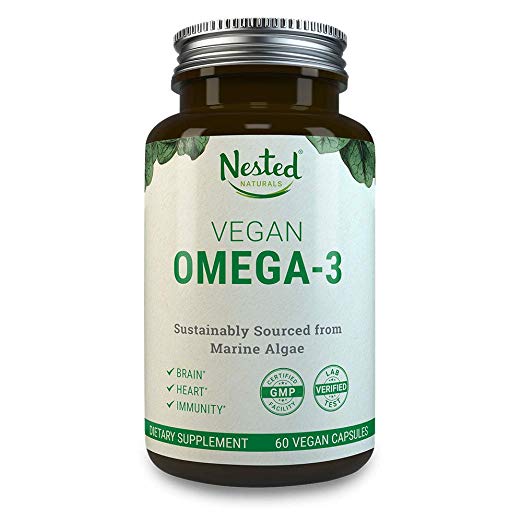
- Nested Naturals: Algal DHA and EPA:
- Boosts Eye and Cardiovascular health.
- Sourced from sustainable Algal oils.
- Bioavailable; includes high-quality vegan Omega-3.
- Includes Radical protection with green tea extracts.
POWERFUL OMEGA 3-6-9 & DHA
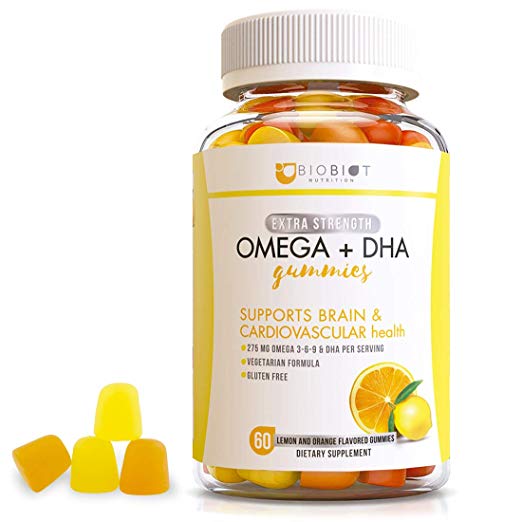
- Biobiot Nutrition: DHA Chewable Gummy Supplements:
- Includes Omega 3-6-9 and DHA.
- It’s a powerful brain support supplement.
- Strengthens cardiovascular and immune systems.
- Tastes great; makes a good treat for children.
iWi OMEGA-3 DHA – ALGAE
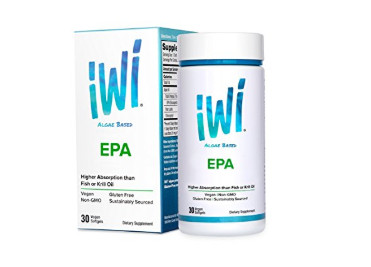
- iwi: DHA Softgels
- Algae-based DHA that supports everyday health and wellness.
- A Vegan alternative to Fish oil.
- 100% Vegetarian and gluten-free.
DHA/omega-3 side-effects
Just like every other supplement out there, too much DHA can lead to a variety of side effects, ranging from nausea to headaches to dizziness and sometimes even faint spells.
Most of these side effects would end if you reduce your daily DHA doses, but if they persist, you should consult a doctor as soon as possible or if you can, cease the use of the supplement completely.
As of now, no fatal side effects of taking DHA supplements have been noted, but even so, you should be careful if any of the above side effects start getting serious.
Just remember: Before starting any kind of supplement, consult a doctor.
Other than that, DHA supplements are good for the mind as well as the body. The adequate amount of DHA would keep you healthier and safer from a multitude of diseases.
Contents
- 1 What is DHA omega-3?
- 2 Uses and Benefits of DHA/omega-3
- 2.1 May Improve ADHD
- 2.2 Helps Fight Inflammation
- 2.3 Helps With Some Eye Conditions
- 2.4 May Reduce Risk Of Certain Cancers
- 2.5 Reduces The Risk Of Heart Disease
- 2.6 Helps With Muscle Recovery After Exercise
- 2.7 Supports Blood Circulation and Lowers Blood Pressure
- 2.8 Aids Normal Brain and Eye Development in Babies
- 3 Sources of DHA:
- 4 DHA/omega-3 Rich Foods:
- 5 Vegan DHA Sources
- 6 Algae Based Omega-3 (DHA)
- 7 DHA/omega-3 side-effects

